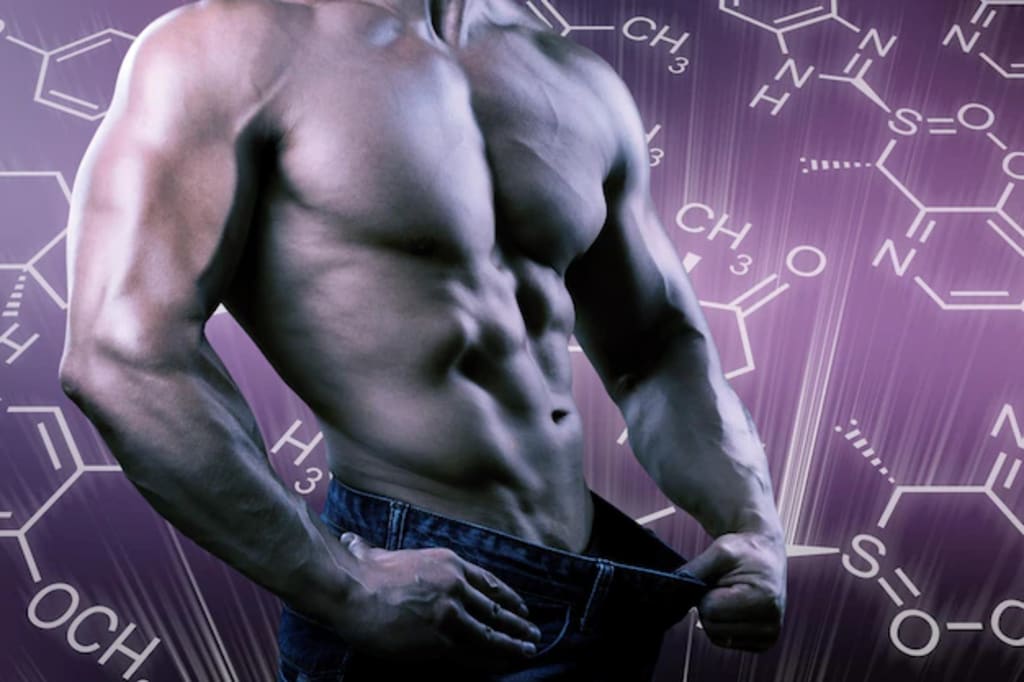Foods That Negatively Impact Men Libido
A comprehensive guide

Foods That Negatively Impact Male Libido: A Comprehensive Guide
Maintaining a healthy libido is crucial for a satisfying and fulfilling intimate life. While numerous factors can influence male libido, including stress, hormonal imbalances, and lifestyle choices, diet plays a significant role as well. In this article, we will explore various foods that may have a detrimental effect on male libido. It is essential to note that individual responses to these foods can vary, and moderation is key when considering their impact on libido.
Processed Foods and Trans Fats
Processed foods high in trans fats, such as fast food, fried snacks, and packaged baked goods, have been associated with several health issues, including reduced libido. Trans fats can interfere with healthy blood flow, leading to cardiovascular problems and reduced sexual function. Opting for whole foods and healthier cooking methods, like grilling or baking, can positively impact male libido.
Excessive Alcohol Consumption
While alcohol can initially increase confidence and lower inhibitions, excessive consumption can have adverse effects on male libido. Alcohol is a depressant that can impair sexual performance, decrease testosterone production, and disrupt the natural hormonal balance. Moderation is key, and limiting alcohol intake can help maintain a healthy libido.
High-Sugar Foods
A diet high in sugary foods, such as desserts, sodas, and processed snacks, can lead to weight gain, insulin resistance, and decreased testosterone levels. These factors can contribute to a decline in libido and sexual performance. Opting for whole fruits, natural sweeteners, and balanced meals can support hormonal health and promote a healthy libido.
Soy-Based Products
Soy-based products contain compounds called phytoestrogens, which mimic the effects of estrogen in the body. While phytoestrogens are generally considered beneficial for women, excessive consumption in men may interfere with testosterone production and libido. Limiting the intake of soy-based products, such as tofu and soy milk, may help maintain a healthy balance.
High Sodium Foods
Consuming excessive amounts of sodium can lead to high blood pressure and cardiovascular problems. These conditions can impair blood flow to the genital area, affecting sexual performance and libido. Reducing salt intake by opting for fresh ingredients and avoiding processed and packaged foods can positively impact male libido.
Caffeine
Caffeine, found in coffee, tea, energy drinks, and some sodas, can have both positive and negative effects on male libido. While a moderate intake of caffeine can temporarily enhance alertness and energy, excessive consumption can lead to increased anxiety and restlessness, potentially impacting sexual desire and performance. Moderation is key when it comes to caffeine intake.
Low-Fiber Diet
A diet lacking in dietary fiber can contribute to weight gain, hormonal imbalances, and reduced libido. Fiber helps regulate blood sugar levels and promotes a healthy digestive system, which in turn supports overall well-being and sexual health. Including fiber-rich foods like fruits, vegetables, and whole grains can positively influence male libido.
While the foods mentioned above may have a negative impact on male libido, it is important to remember that moderation and balance are key. Maintaining a healthy and varied diet, exercising regularly, managing stress levels, and addressing any underlying health issues are crucial steps towards optimizing male libido. It is always advisable to consult with a healthcare professional for personalized advice and guidance.Certain foods can have a negative impact on male libido, affecting sexual desire and performance. These foods may disrupt hormonal balance, reduce blood flow, or impair overall sexual function. Here are some examples:
Processed Foods: Highly processed foods often contain trans fats, which can decrease testosterone levels and hinder libido.
High-Sugar Foods: Consuming excessive amounts of sugar can lead to weight gain and insulin resistance, both of which can affect hormone levels and decrease sexual desire.
Soy-Based Products: Soy contains phytoestrogens, plant compounds that mimic estrogen in the body. Consuming large amounts of soy-based products may reduce testosterone levels and negatively impact libido.
Alcohol: While moderate alcohol consumption may have temporary aphrodisiac effects, excessive alcohol intake can lead to erectile dysfunction and decreased sexual performance.
High-Sodium Foods: A diet high in sodium can increase blood pressure and impair blood flow to vital areas, which may negatively affect sexual function.
Caffeine: High caffeine intake can disrupt sleep patterns and increase stress levels, both of which can contribute to decreased libido.
It's important to note that individual reactions to these foods may vary, and a balanced diet, regular exercise, and a healthy lifestyle overall can positively impact male libido. If concerns about libido persist, consulting with a healthcare professional is recommended.
About the Creator
Bridget Dyke
As a passionate writer of fiction and general articles, I invite you to embark on an extraordinary literary journey with me. With immersive stories and thought-provoking articles that will captivate your mind and touch your soul.
Enjoyed the story? Support the Creator.
Subscribe for free to receive all their stories in your feed. You could also pledge your support or give them a one-off tip, letting them know you appreciate their work.






Comments
There are no comments for this story
Be the first to respond and start the conversation.